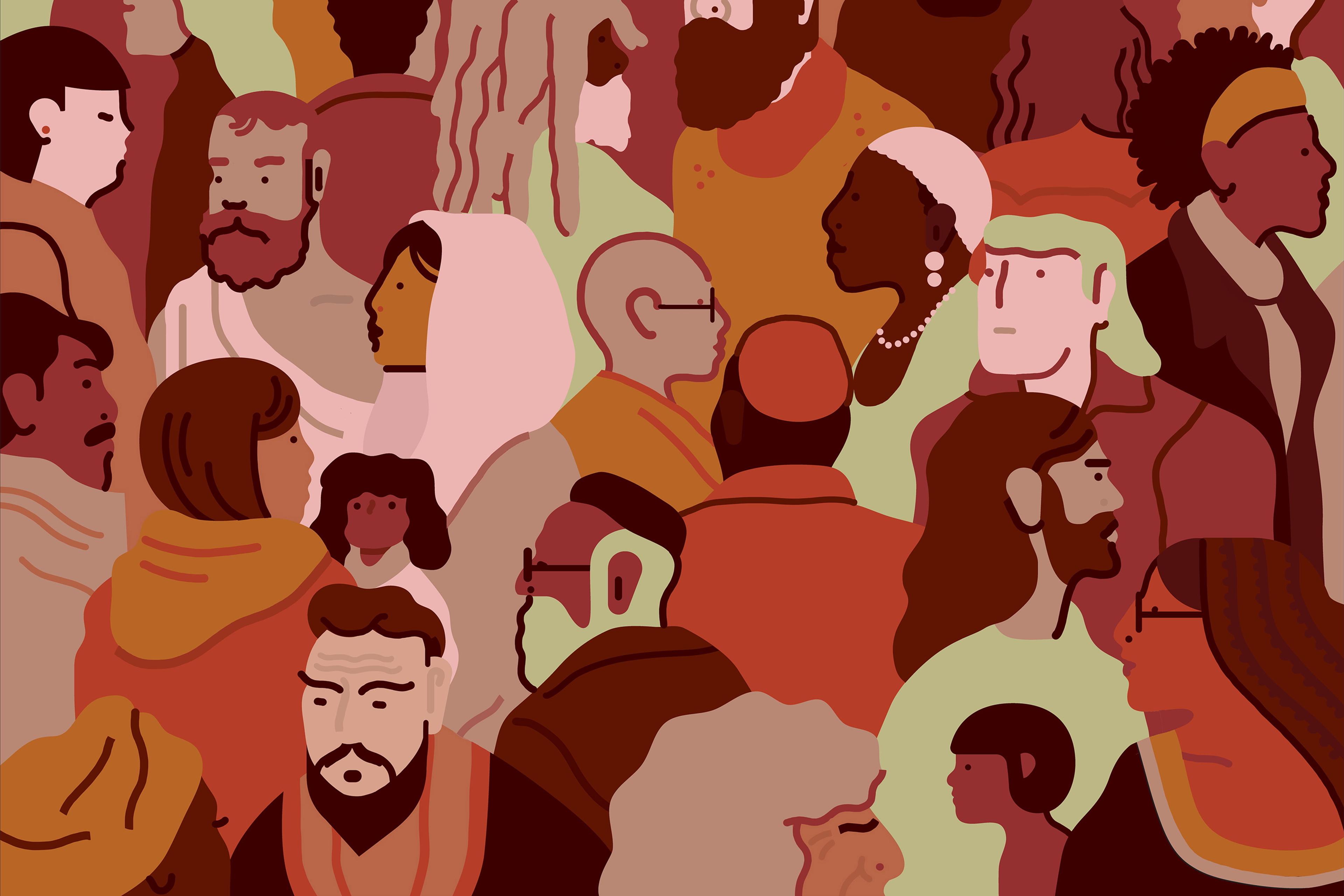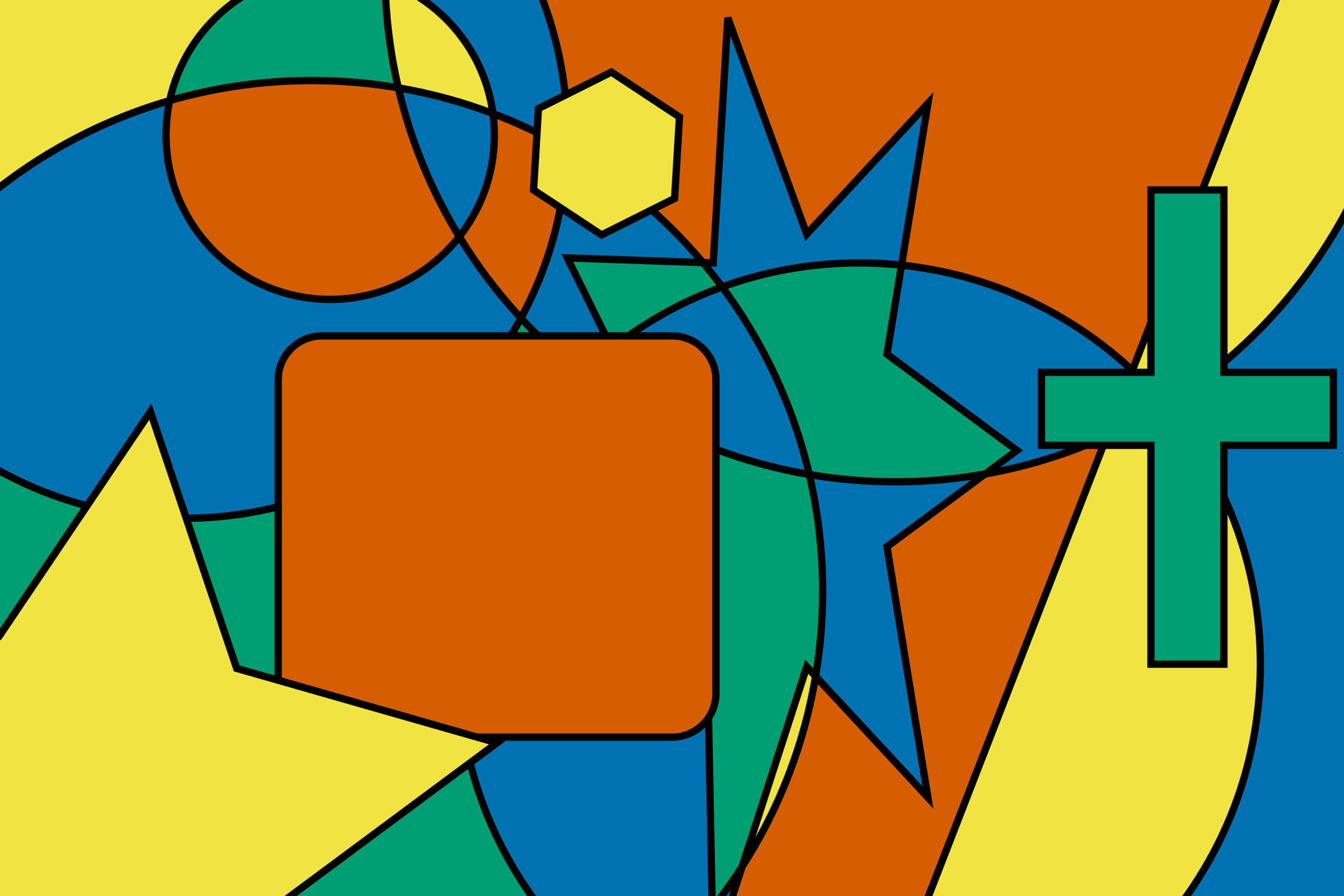
Why the search for proof can’t be separated from faith
Rather than being an enemy of empiricism, belief in what can’t be known is part of how we gain knowledge, even now
by Adam Kucharski

Rather than being an enemy of empiricism, belief in what can’t be known is part of how we gain knowledge, even now
by Adam Kucharski

My partner and I often seem to respond to the world in similar ways. Research suggests this may have benefits for us both
by Hannah Seo
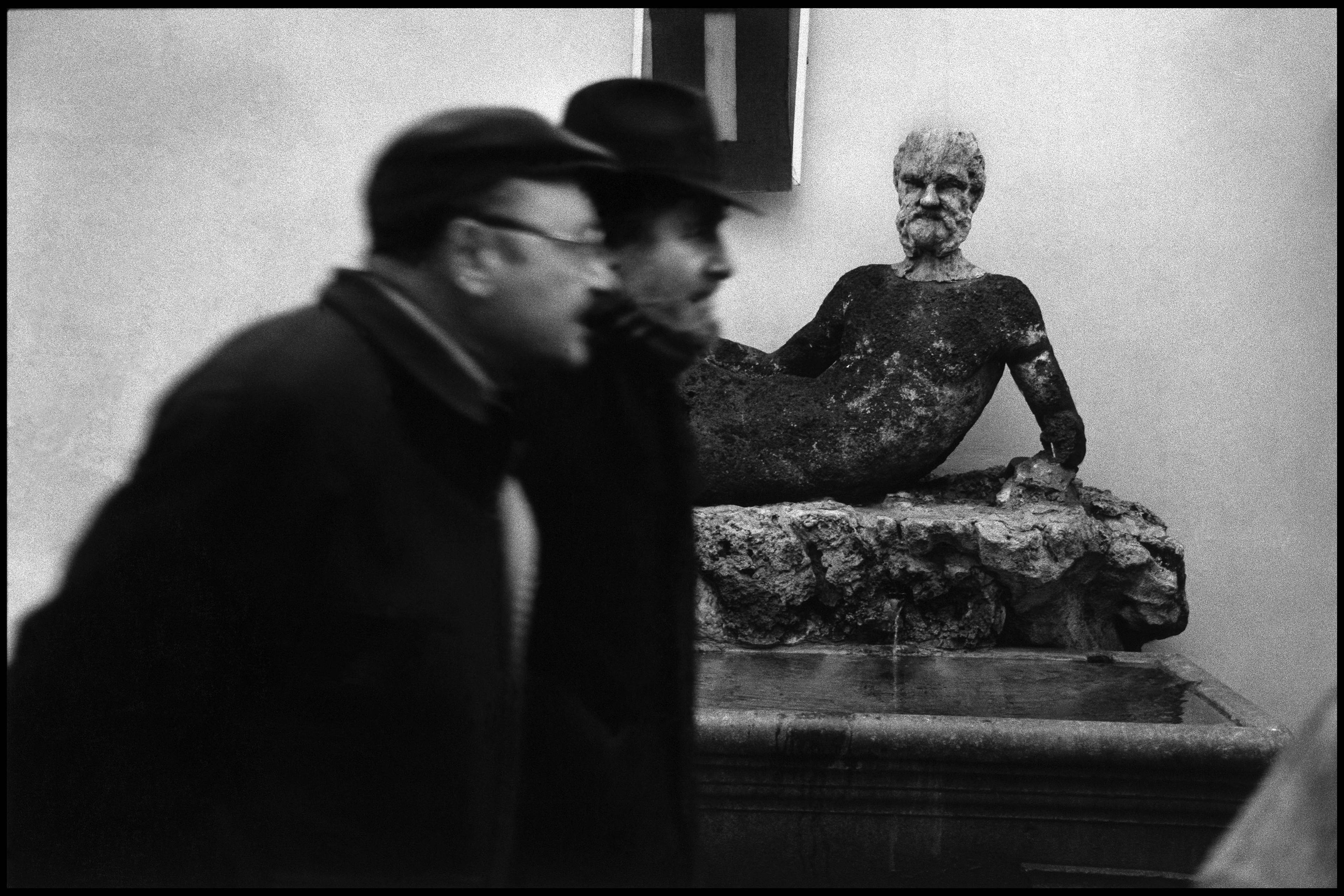
Many of us crave trivial details while ignoring much of the world around us. Research helps explain this selective curiosity
by Tommy Blanchard

Upgrade your ability to recall dates, names or other details with an ancient trick of the memory trade: the ‘method of loci’
by Lynne Kelly
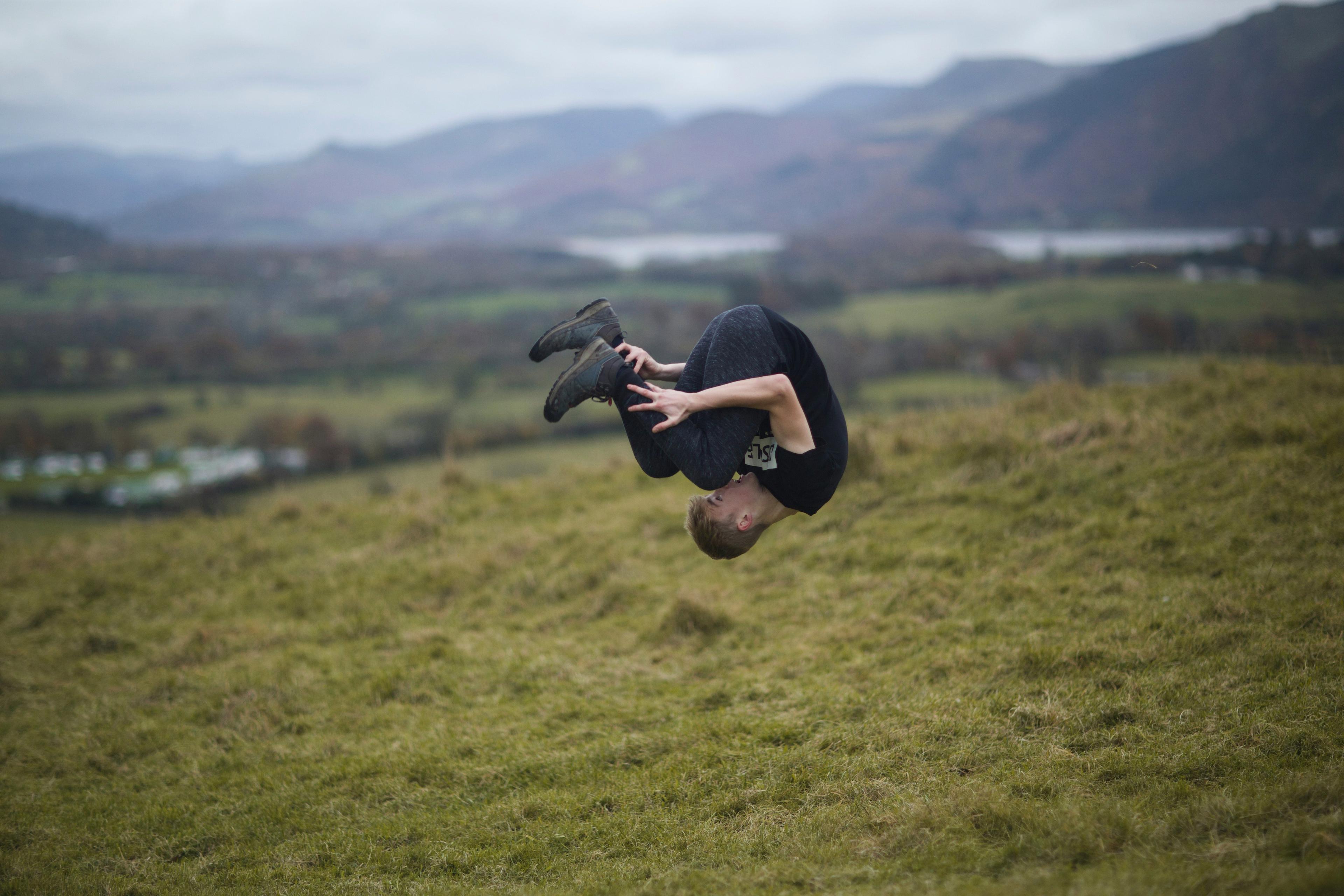
In logic, validity is prime. If you want to make valid arguments, or sniff out invalid ones, here’s what you need to do
by Robert Trueman

Video by MIT Quest for Intelligence

Ever feel like a word or person you just learned about has been showing up repeatedly? There’s a term for that
by Hannah Seo
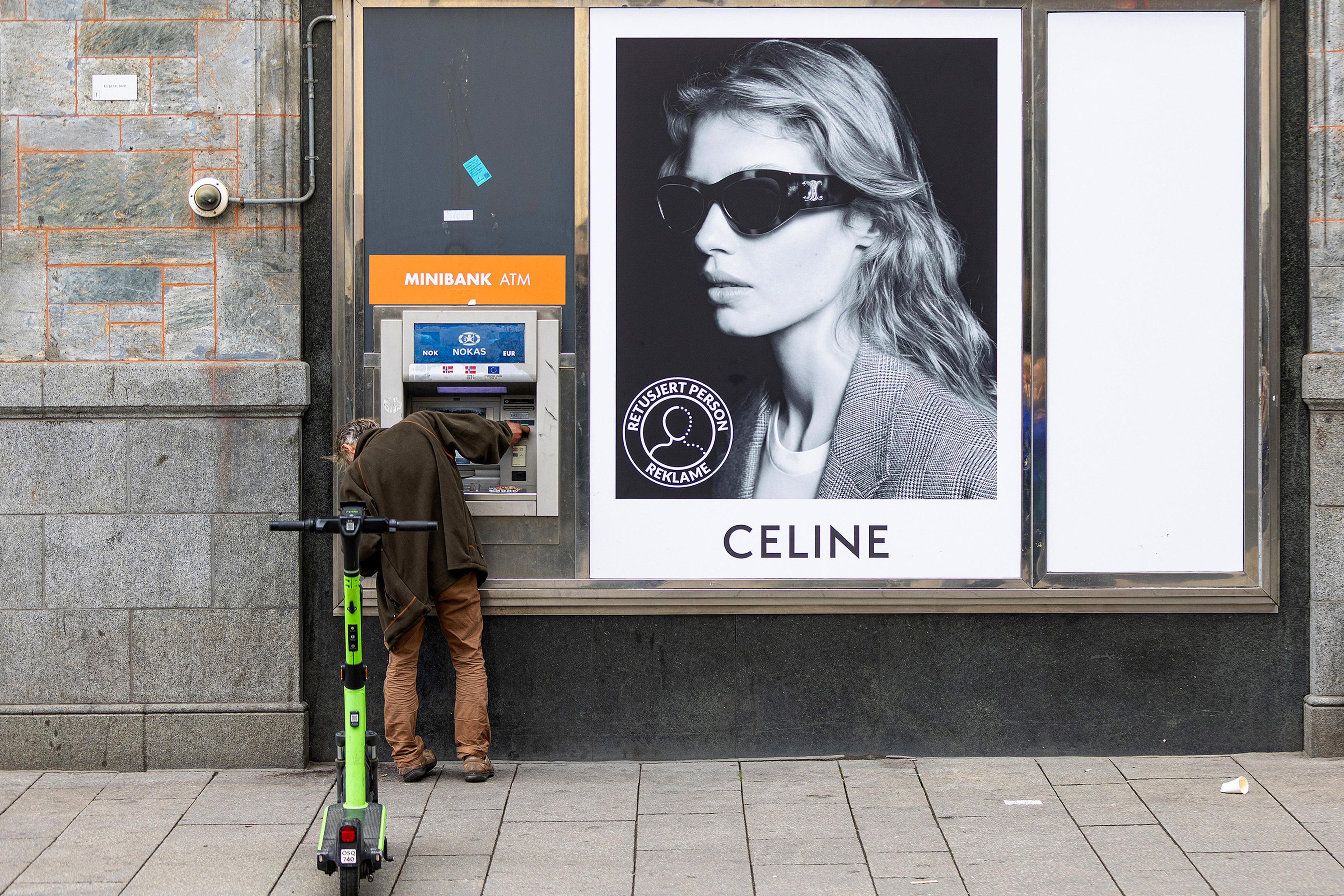
Knowing the reasons people opt not to know – and the consequences of that choice – could help us see when it’s problematic
by Jeremy L Foust
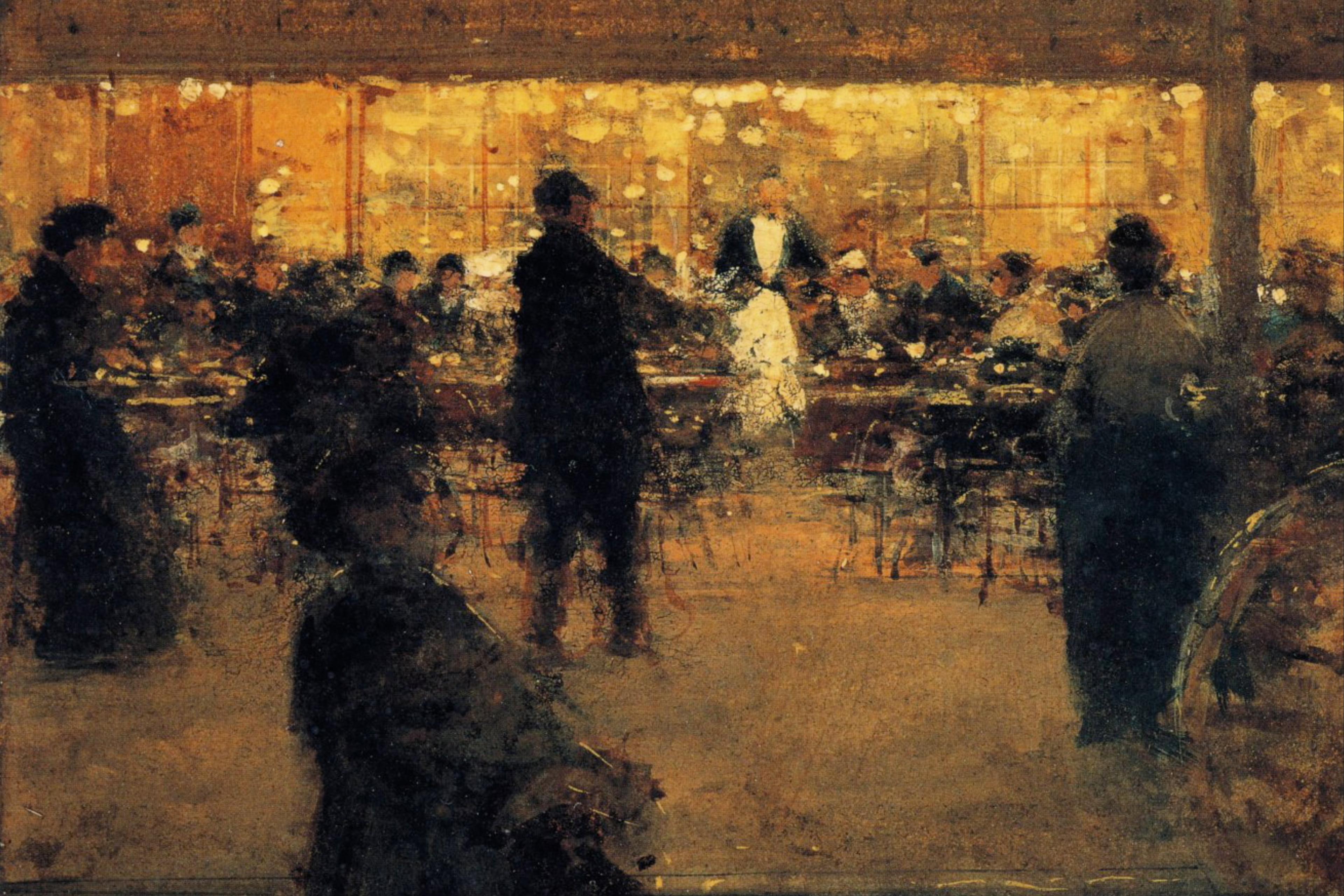
As much as people struggle with not knowing, we live in an uncertain world – and there are advantages to embracing that
by Jessica Alquist
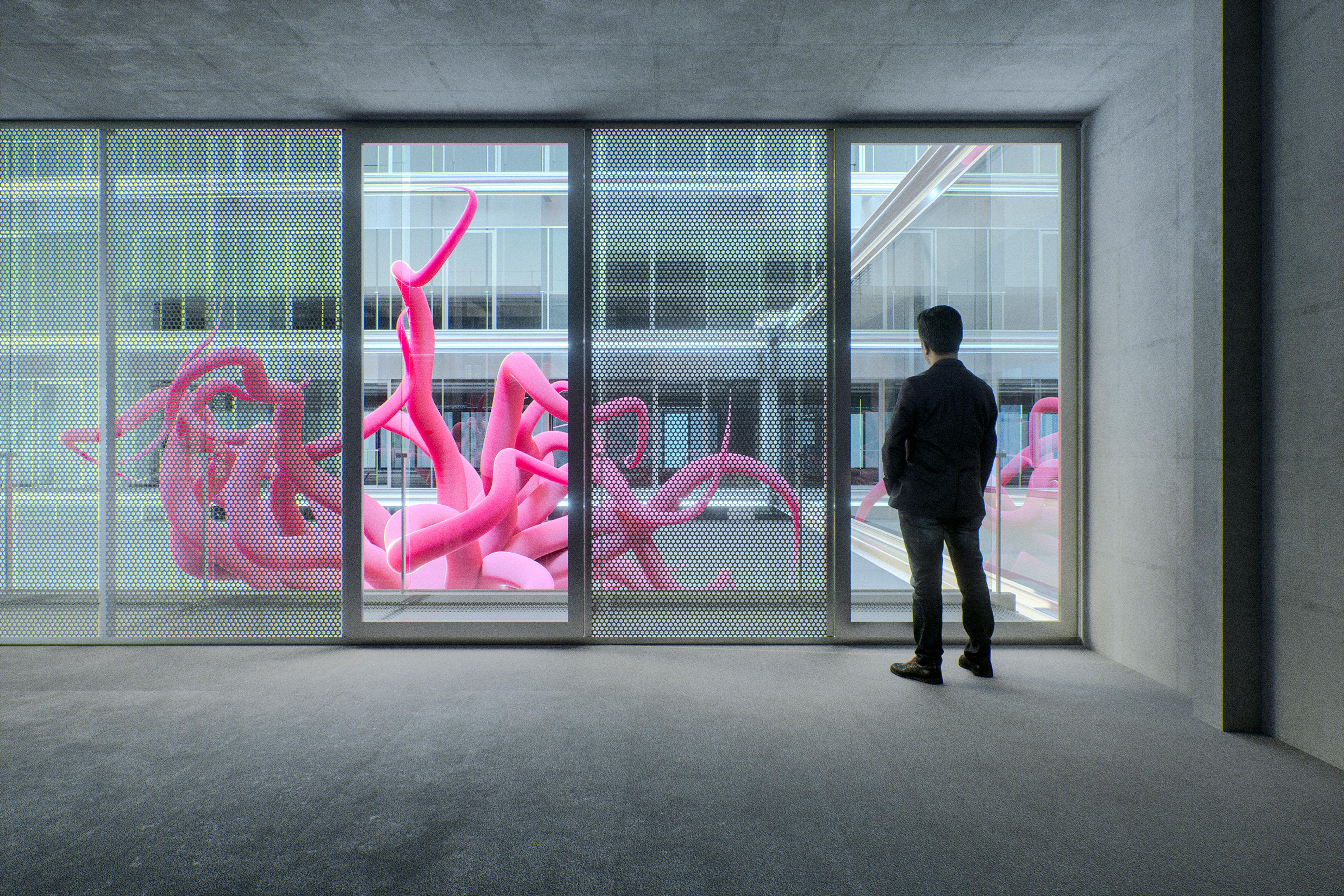
New research shows that people satisfy their curiosity in different ways. Are you a hunter, a busybody or a dancer?
by Richard Fisher
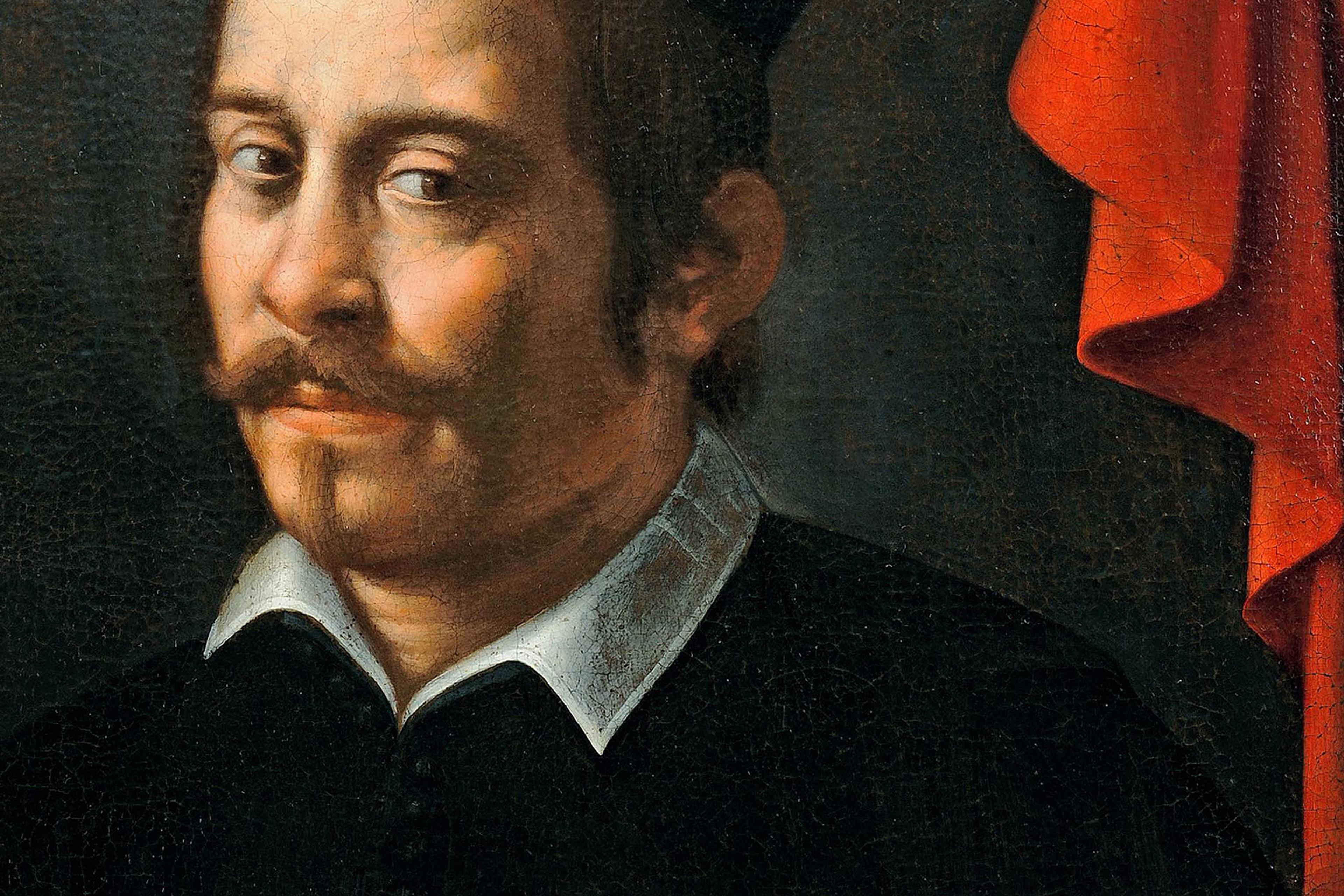
In our age of certainty and dogma, we would all do well to learn from the philosophy of the ancient Greco-Roman sceptics
by Massimo Pigliucci

By shaking up our sense of how things are, substances like LSD or psilocybin have the potential to promote deep learning
by David J Blacker
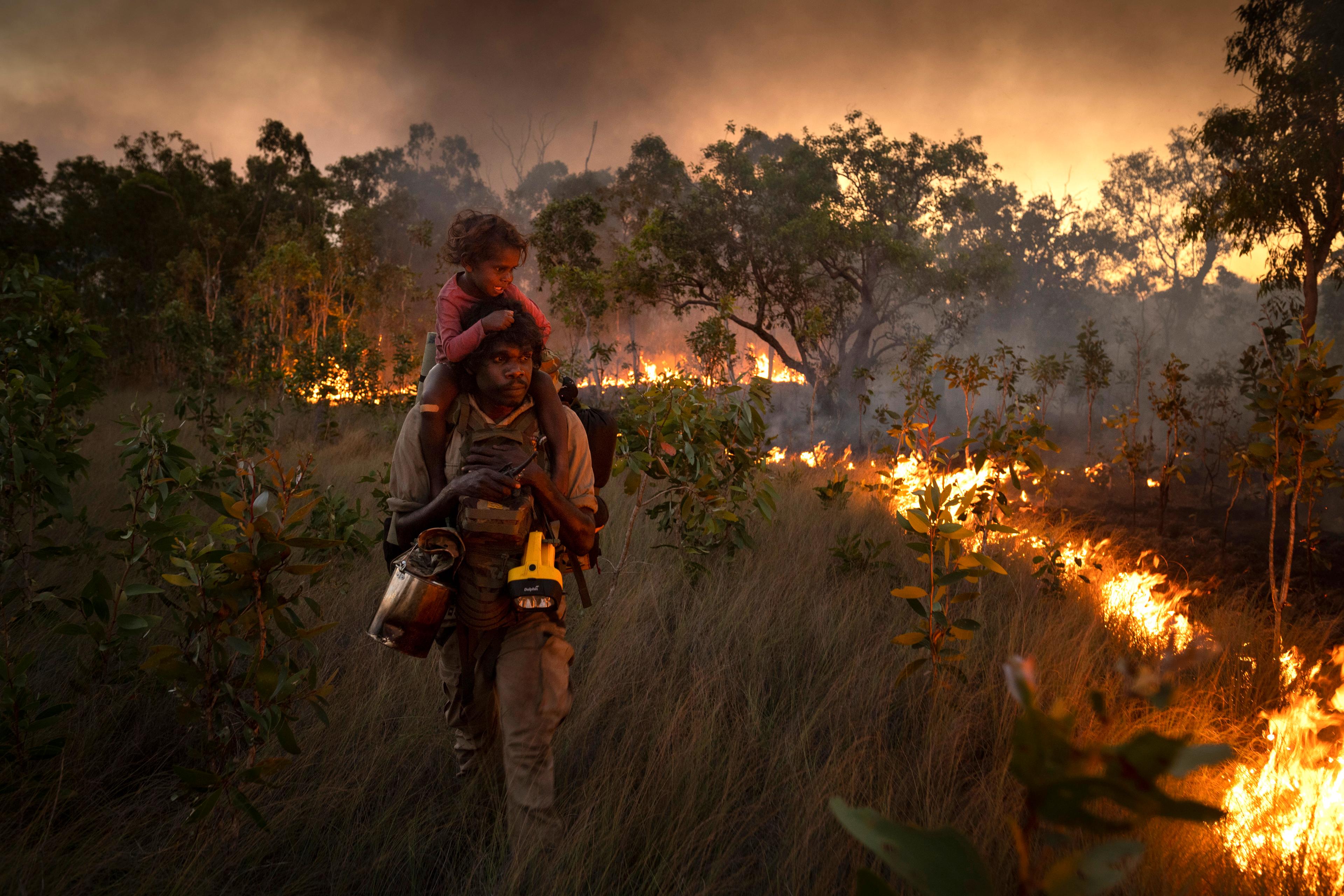
Indigenous Australian knowledge systems understand what Descartes didn’t – the natural world has important things to tell us
by Andrew Kirkpatrick
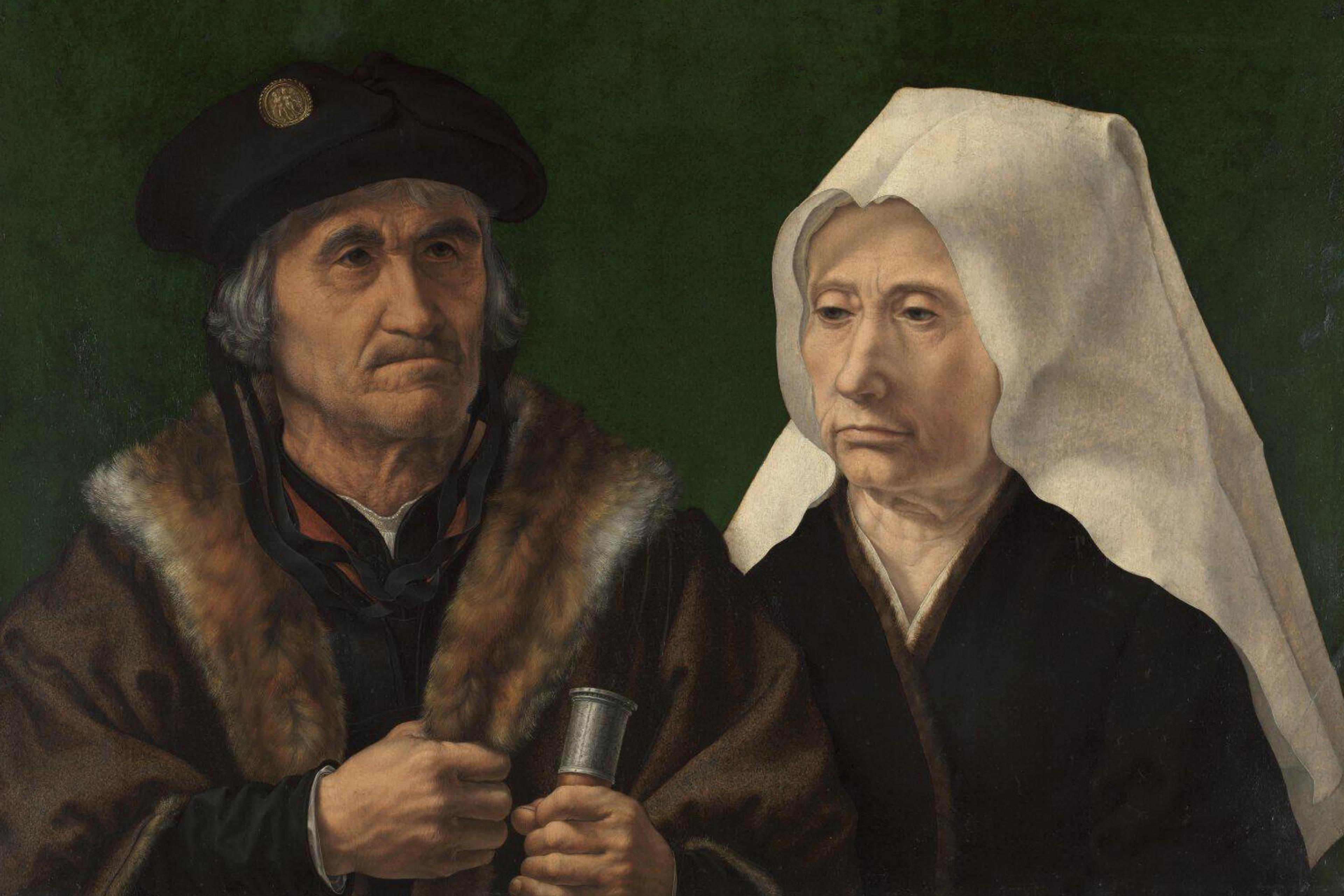
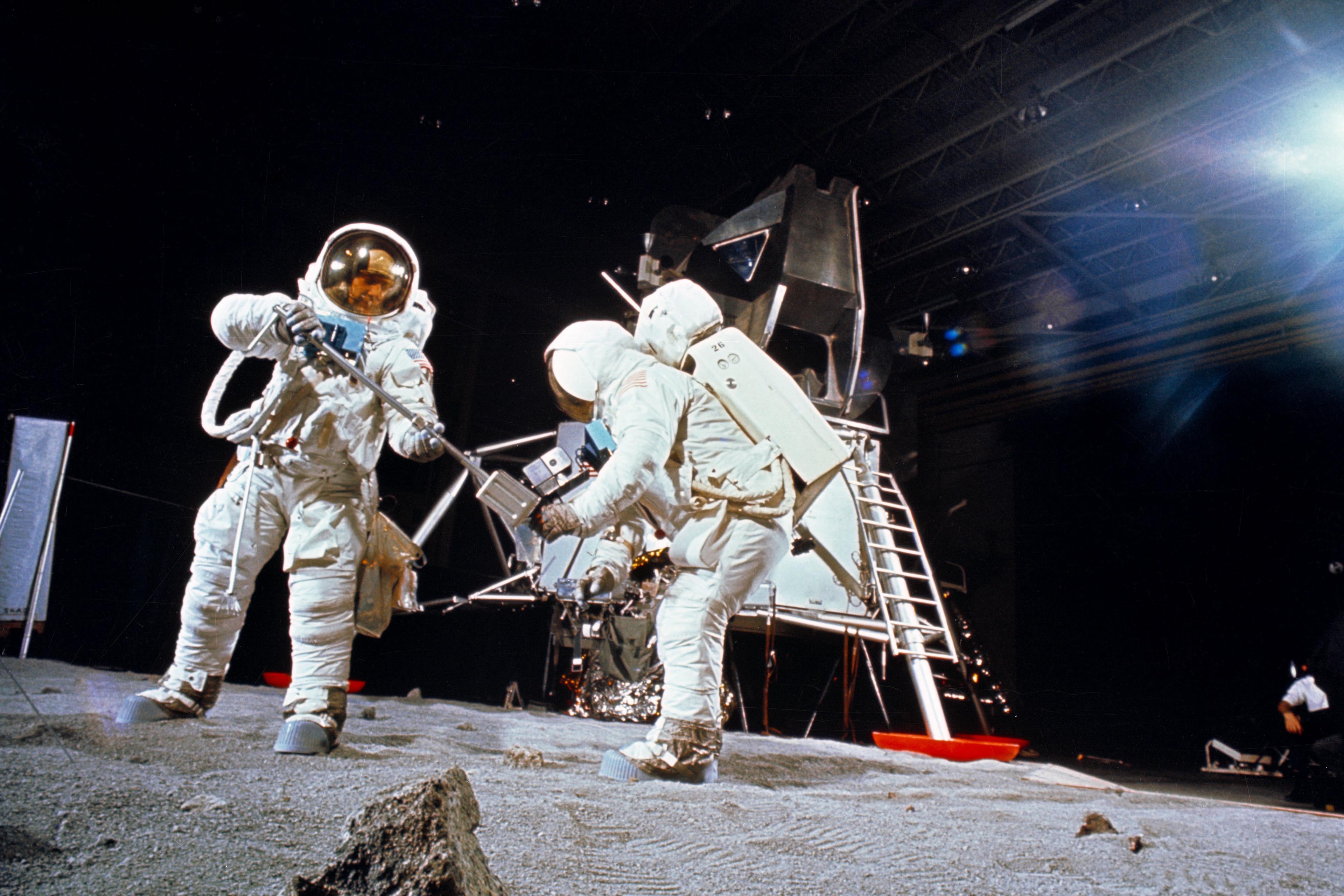
Applying Descartes’ sceptical puzzle to deepfake videos reveals the challenge they present is one that we can rise to
by Keith Raymond Harris
